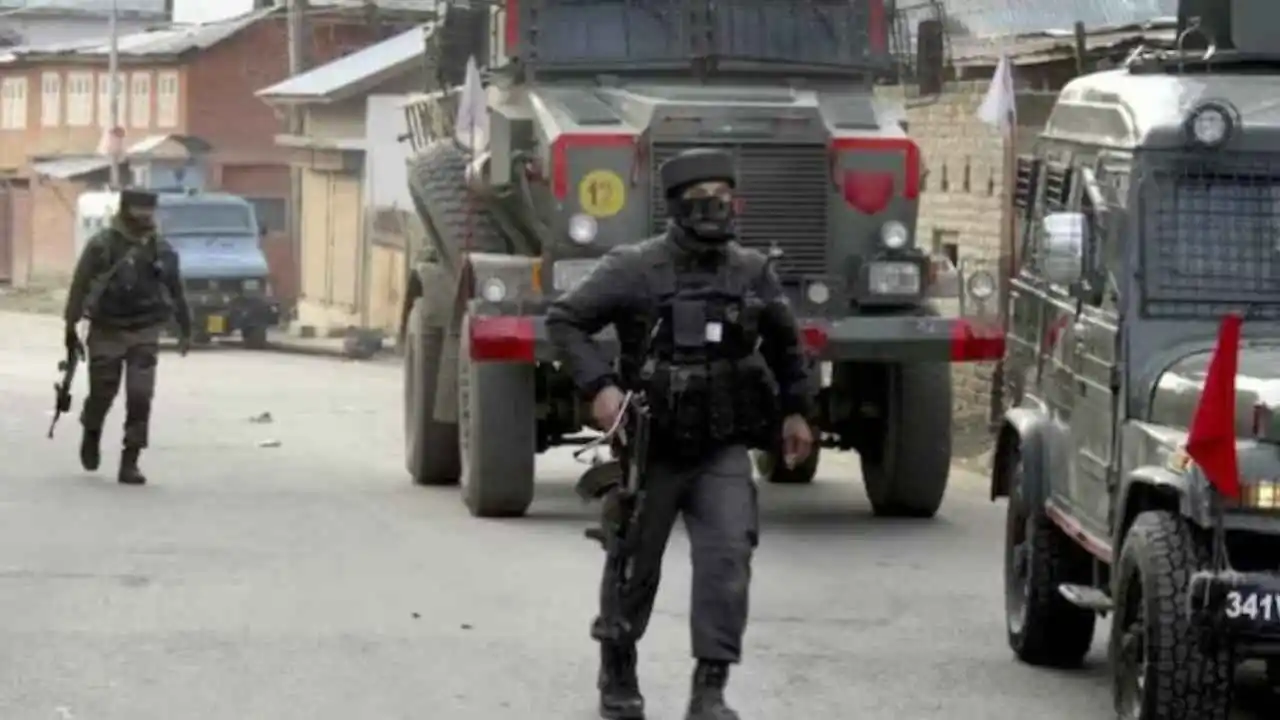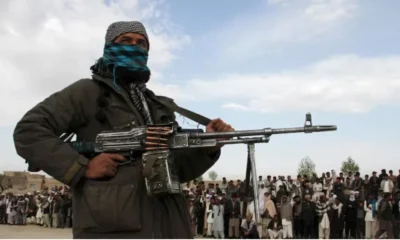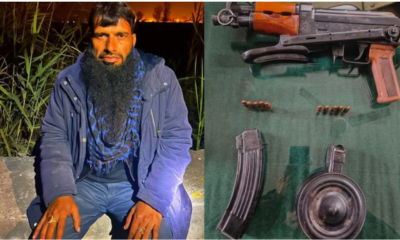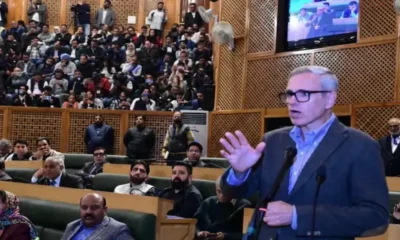India News
Jammu & Kashmir: Lashkar-e-Taiba terrorist killed in encounter with security forces in Shopian district
The police identified the terrorist as Bilal Ahmed Bhat, who was a resident of Chek Cholan. He was affiliated to the terror outfit LeT. Bhat was involved in many terror crime cases. He was involved in the killing of Umer Fayyaz, a resident of Sudsan Kulgam. He even threw a grenade on non-local labourers in Hermain, which resulted in the death of two labourers.

India News
Rohit Pawar alleges big personality link in Ajit Pawar plane crash case
India News
Over 5,000 tribals join BJP in Assam’s Goalpara ahead of elections
More than 5,000 tribals, largely from the Garo community, joined the BJP in Assam’s Goalpara district during a large-scale ST Morcha programme ahead of elections.
India News
PM Modi crosses 100 million followers on Instagram, first world leader to achieve milestone
Prime Minister Narendra Modi has crossed 100 million followers on Instagram, becoming the first world leader to achieve the milestone and widening the gap with global counterparts.
























